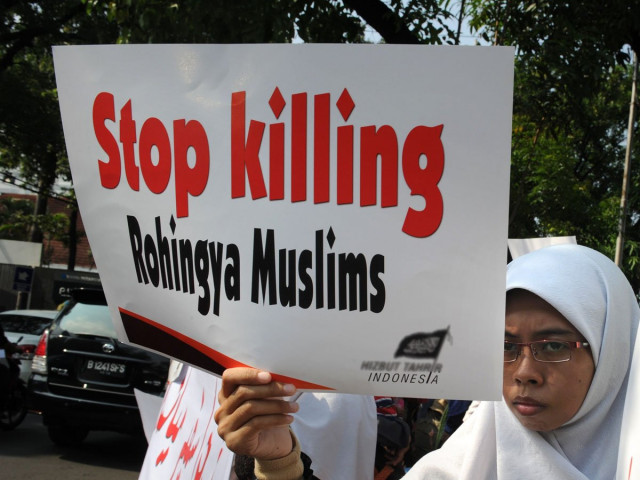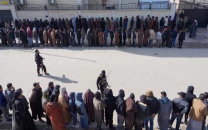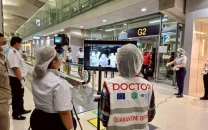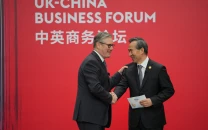‘Disturbing’ violence in Myanmar: ASEAN chief
I would call it disturbing trend of ethnic violence could become destabilising to region, says ASEAN chief.

‘Disturbing’ violence in Myanmar: ASEAN chief
A wave of violence in western Rakhine state between Buddhists and minority Rohingya Muslims has left at least 180 dead and displaced more than 110,000 people since June, overshadowing political reform efforts in the country.
“I would call it a disturbing trend of ethnic violence that could become destabilising to the region,” Surin told AFP in Phnom Penh on the sidelines of a gathering of leaders of the 10-member Association of Southeast Asian Nations, which includes Myanmar.
“I have already given out a warning that it could be radicalised. That would not be good to anybody in the region.”
But Surin did not endorse a statement from the Organisation of Islamic Cooperation, which on Saturday said the Rohingya were victims of “genocide”.
The world’s top Islamic body also urged US President Barack Obama, who is set to pay a historic visit to Yangon on Monday, to press the Myanmar government to protect the minority group.
“I think the statement by the OIC reflects the frustration... of 57 countries,” Surin said when asked whether he would call the violence “genocide”. “This is a very very, frustrating, worrisome situation.”
Myanmar’s 800,000 stateless Rohingya are seen by the government and many in the country as illegal immigrants from neighbouring Bangladesh. They are described by the UN as among the world’s most persecuted minorities.
Surin called on ASEAN to provide humanitarian assistance to “relieve” the suffering of the victims, many of whom have been made homeless by the recent clashes and are languishing in overcrowded, squalid camps.
Asked whether ASEAN wanted Myanmar to grant citizenship to the ethnic minority, Surin indicated it was not for the bloc to interfere with a fellow member state’s handling of the issue.
“I understand the sensitivity, I understand the complexity of the issue,” he said, adding that “the people of Myanmar as a whole will have to warm up to the idea”.
“Reconciliation means reconciliation with all groups and it’s difficult to imagine how you can resettle 800,000 people in a third country,” he said.
“So it has to be resolved through their own national processes, through their own laws... (it) will have to be done by the Myanmese government.”
The recent violence will likely be discussed among ASEAN leaders when they meet in Cambodia on Sunday, he added.



















COMMENTS
Comments are moderated and generally will be posted if they are on-topic and not abusive.
For more information, please see our Comments FAQ